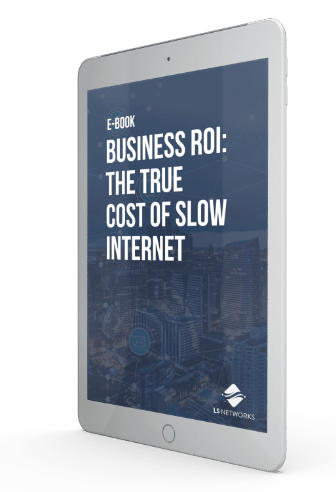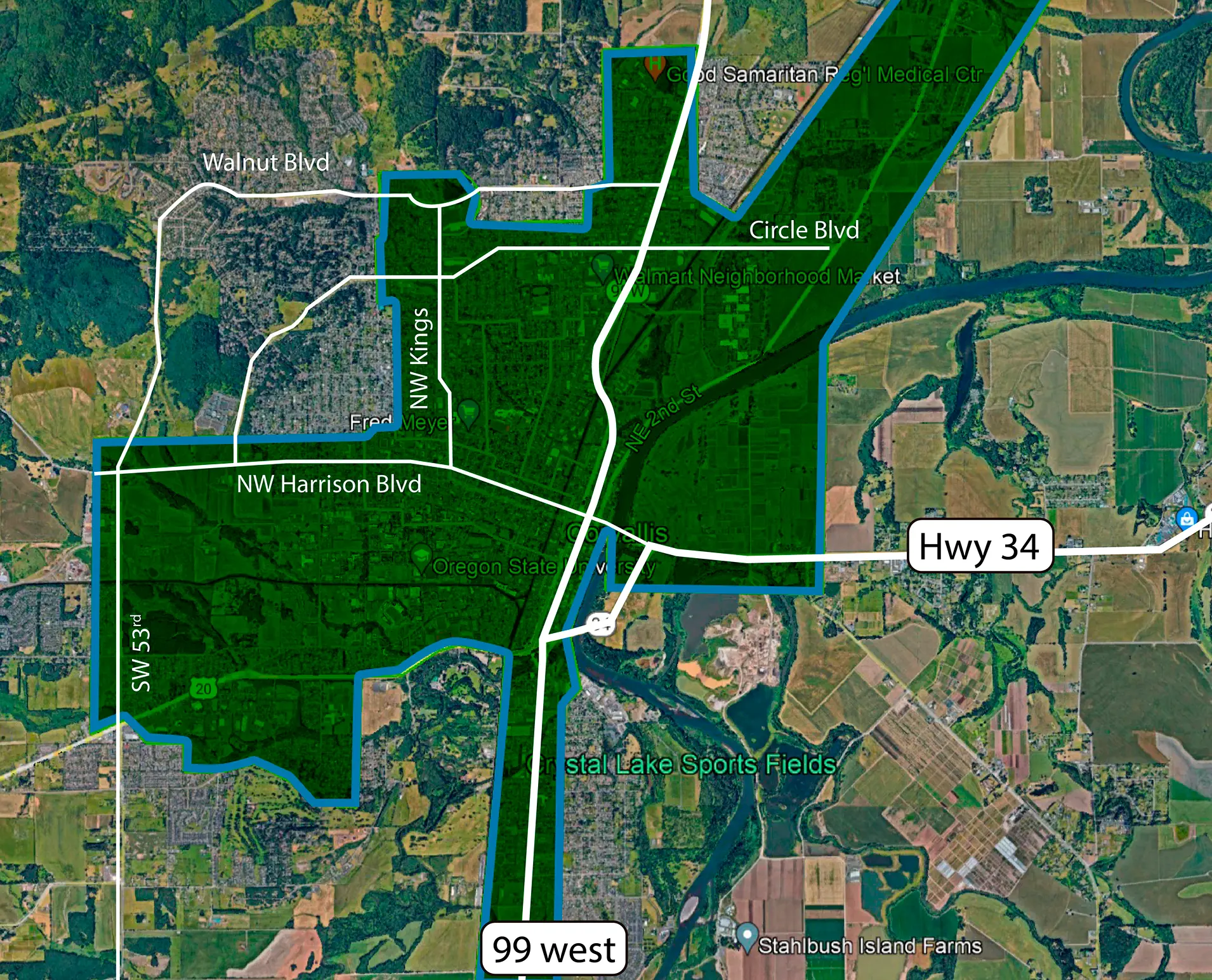For business, every decision matters, including the one you make about your internet connection. Imagine expanding your company, onboarding new clients, or running cloud-based operations without a second thought about speed or reliability.
The foundation of modern business is connectivity. If you’re exploring fiber vs. copper internet, the right choice could be the key to unlocking more efficiency and growth. Let’s dive in.
Understanding Copper Internet
Copper internet, also known as copper broadband or copper cable internet, relies on electrical signals sent through traditional copper wires. These cables have been used for decades, initially designed for telephone lines and DSL services.
Many businesses still use copper connectivity through solutions like Ethernet over copper and copper WiFi because they are familiar and, in some cases, cost-effective. However, copper networks have limitations, including slower speeds, susceptibility to interference, and signal degradation over long distances.
The Shift to Fiber Internet
Fiber-optic internet transmits data through light signals sent via thin glass or plastic fibers. The key advantage of fiber over copper is that fiber isn’t limited by electrical interference or distance. This means faster, more reliable internet with minimal latency. This translates into smoother video conferencing, faster cloud access, and more seamless remote work capabilities for businesses.
Performance Matters: Speed and Reliability
Speed and reliability are two important factors when choosing between fiber and copper internet.
- Copper internet speeds typically range from 10 Mbps to 100 Mbps, but performance decreases the farther your business is from the network hub.
- Fiber can deliver 1 Gbps or higher speeds while maintaining consistency over long distances. Fiber networks are also more secure and less prone to outages caused by weather conditions or electromagnetic interference.
Cost vs. Long-Term Value
Cost is another factor many businesses consider.
- Copper internet often has a lower initial installation cost, which can make it attractive for companies looking for a quick and inexpensive solution. However, you also need to consider that maintenance expenses and performance limitations can lead to higher costs over time.
- Fiber, while sometimes requiring a higher upfront investment, offers greater long-term value with fewer disruptions, lower repair costs, and a future-proof infrastructure that can scale with business growth.
Why More Businesses Are Choosing Fiber
Business owners are making the switch to fiber for several reasons. Faster speeds mean more productivity, as employees no longer have to deal with slow downloads or buffering video calls. Companies relying on cloud-based applications can benefit from stable, high-speed connectivity.
Fiber also offers more scalability, making it a smart investment for businesses with future growth in data needs. With fewer outages and less maintenance, IT teams can focus on strategic initiatives and not fixing internet issues.
Does Copper Internet Still Have a Role in Business?
Despite the advantages of fiber, copper internet still has a place in some business settings. Companies operating with legacy networks may find it easier to stick with copper rather than invest in a full infrastructure upgrade. In areas where fiber isn’t yet available, copper broadband may be the only option. Additionally, businesses with minimal internet usage may find copper sufficient for basic needs, though they could face challenges as digital demands grow.
The Future of Internet for Business
In 2025 high-speed internet is critical for business success. With AI-driven applications, cloud computing, and real-time data processing becoming standard, companies need connectivity that can keep up. A report from Gartner predicts that by 2025, 30% of all outbound marketing messages from large organizations will be generated by AI.
Meanwhile, e-commerce is expected to account for a quarter of all retail sales, emphasizing the growing demand for digital experiences. Businesses counting on legacy copper internet may find themselves struggling to keep pace with these advancements.
Making the Right Choice for Your Business
If reliability, speed, and future scalability are priorities, fiber internet is the choice. Copper cabling struggles to keep up with modern businesses. As technology evolves, the need for high-speed, dependable connectivity only increases. Investing in fiber now means your business will stay competitive and ready for future digital demands.
Upgrade to Fiber with LS Networks
LS Networks delivers enterprise-grade fiber solutions to businesses across the Pacific Northwest. If you’re tired of unreliable copper wire internet, it’s time to make the switch to a faster, more resilient network.






